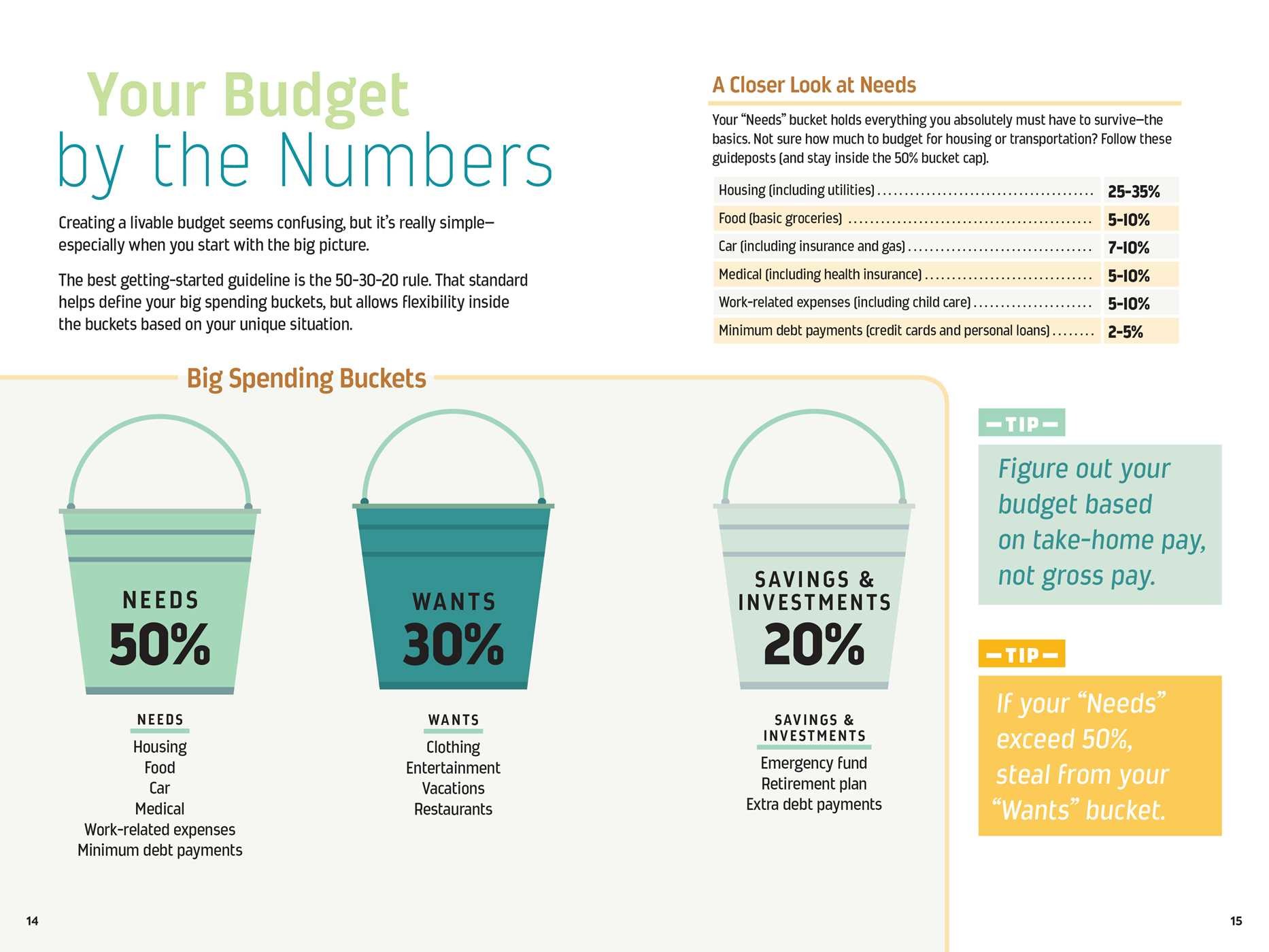Discover The Concealed Costs And Consequences Of Overlooking An Efficiency Bond, And Comprehend Why It's Essential To Steer Clear Of This Expensive Error
Discover The Concealed Costs And Consequences Of Overlooking An Efficiency Bond, And Comprehend Why It's Essential To Steer Clear Of This Expensive Error
Blog Article
Post By-
When a surety concerns an efficiency bond, it ensures that the principal (the party who purchases the bond) will meet their responsibilities under the bond's terms. If https://cashguhmq.wssblogs.com/26567769/court-bonds-ensuring-financial-protection-in-the-legal-system fails to meet these commitments and defaults on the bond, the surety is in charge of covering any losses or damages that result.
1. surety provider of reputation: Defaulting on a performance bond can damage the principal's reputation and reputation, making it harder to safeguard future organization or funding.
2. Legal and management expenses: The surety may need to pay legal and management costs associated with pursuing the principal for damages or trying to remedy the circumstance.
3. Monetary losses: The guaranty might need to cover the price of finishing the task or providing the services that the principal stopped working to deliver. This can lead to significant financial losses for the guaranty.
4. Boosted costs: If the principal has a background of defaulting on performance bonds, they may be required to pay greater costs in the future to obtain the required bonding.
On the whole, defaulting on an efficiency bond can have significant economic repercussions for both the principal and the guaranty. It is essential for principals to carefully consider their commitments and guarantee they have the ability to meet the terms of the bond to avoid these negative outcomes.
Back-pedaling an efficiency bond can be a costly mistake for businesses. When you fall short to meet the bond's responsibilities, the financial consequences can be significant. From paying the complete bond total up to potential lawful battles and damaged partnerships, the consequences can reverberate throughout your service procedures. Understanding the complex internet of financial effects that defaulting on a performance bond can have is crucial for safeguarding your company's financial wellness and track record.
Financial Penalties for Defaulting
If you default on a performance bond, you'll likely face considerable financial penalties. These fines can vary depending on the regards to the bond contract however usually involve paying the bond quantity in full to the obligee. This indicates that if you fail to satisfy your legal obligations, you need to pay the bond total up to the job owner or the entity that needed the bond.
Furthermore, you might also be in charge of any type of extra prices incurred by the obligee as a result of your default, such as discovering a substitute contractor or covering project hold-ups.
Defaulting on an efficiency bond can additionally cause lawful costs and court costs if the obligee makes a decision to take legal action against you to recoup the bond quantity. These expenditures can rapidly build up, more exacerbating the financial impact of your default. It's vital to carefully assess and comprehend the terms of the efficiency bond to stay clear of these serious financial penalties.
Influence On Service Capital
Back-pedaling a performance bond can considerably affect your company capital, affecting financial stability and operational capabilities. When you default on an efficiency bond, you run the risk of losing the bond amount, which can be a substantial sum. This loss straight affects your capital, as you'll need to locate alternate sources of moneying to cover the bond amount. Furthermore, skipping can lead to raised examination from sureties, making it tougher and extra costly to secure bonds in the future. This can better stress your cash flow as you may require to allot additional resources to fulfill bonding demands.
The impact on your cash flow doesn't quit there. Back-pedaling an efficiency bond can also cause job hold-ups or terminations, bring about a loss of income. In addition, the unfavorable reputation that features failing can prevent possible clients, further reducing your cash flow. In general, defaulting on a performance bond can have damaging impacts on your company's economic health and ability to run efficiently.
Lawful Ramifications and Claims
Dealing with legal implications and prospective suits due to defaulting on a performance bond can significantly influence your company's reputation and economic standing. When you default on a performance bond, the surety firm might take lawsuit to recoup the bond amount paid out. This might result in pricey lawful charges, court expenditures, and potential settlements or judgments versus your organization.
Additionally, back-pedaling an efficiency bond may result in harmed relationships with customers, subcontractors, and vendors, affecting your capacity to safeguard future agreements. Legal actions arising from bond defaults can stain your organization's credibility in the industry, making it challenging to bring in brand-new companions or consumers.
Furthermore, if the default causes a court judgment against your service, it might cause possession seizure or liens, additionally stressing your monetary stability. Consequently, it's crucial to recognize the lawful implications of back-pedaling an efficiency bond and take aggressive actions to mitigate the risks involved.
Verdict
As you deal with the repercussions of back-pedaling an efficiency bond, remember this: it resembles strolling a tightrope without a safety net. One wrong action can send you plummeting into a financial freefall, with no method to quit the fall.
The punitive damages, capital impact, and lawful ramifications are all waiting to catch you if you slip up. So step thoroughly, and constantly honor your commitments to stay clear of the severe consequences of default.
